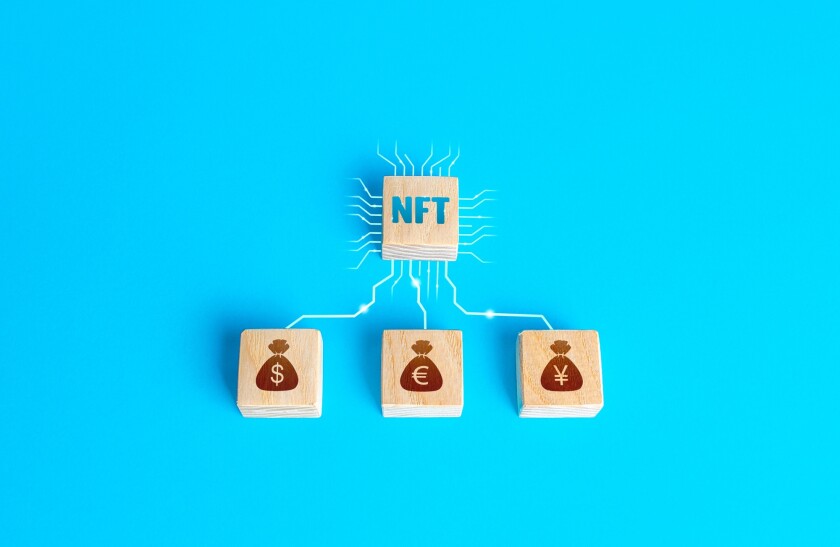The Japanese legal regulations related to blockchain games or NFT games, in which items and characters are tokenised through NFTs using blockchain technology, have not fully caught up with the global trends. This article discusses the main practical issues related to blockchain games against this backdrop.
The Act against Unjustifiable Premiums and Misleading Representations
Supplying items or in-game currency as rewards for logging into a game or downloading a game is an effective method of increasing game participation by users. These in-game rewards may be considered ‘premiums’ under the Act against Unjustifiable Premiums and Misleading Representations.
The main requirements for such rewards to constitute premiums are as follows:
They are provided as a means of inducing customers to participate;
They are provided in connection with a transaction involving goods or services; and
Goods, money, or other economic benefits are provided.
For example, a login reward or a download reward may be considered an inducement to users who are the target of a transaction to download or continue playing the game and eventually purchase items. In this case, these rewards, as an economic benefit, are provided in connection with a transaction as a means of inducing customers to participate, which may fulfil the requirements of premiums.
Even if the reward constitutes premiums, the Act against Unjustifiable Premiums and Misleading Representations only regulates premiums when the amount exceeds a certain limit, as follows:
Explanation | Limit | |||
Maximum amount of prize/premium | Maximum total prize/premium | |||
Prizes | In cases where the prizes or recipients of prizes are determined by chance or by the superiority of specific actions (sweepstakes); for example, lotteries in stores. | The transaction price is less than JPY 5,000 (around $36) | 20 times the transaction price | 2% of the scheduled total sales amount |
The transaction price is JPY 5,000 or more | JPY 100,000 | |||
Premiums offered to all | In cases where money or goods are offered to users or visitors to stores without any limitation, in any manner other than sweepstakes; for example, gifts to all purchasers. | The transaction price is less than JPY 1,000 | JPY 200 | ― |
The transaction price is JPY 1,000 or more | 20% of the transaction price | |||
Gambling
In blockchain games, it is assumed that items can be freely traded among users, and items acquired through paid gachas (toy vending machines) are also assumed to be capable of secondary sale/purchase. The result of the gacha is randomly determined.
There will be cases where users can obtain an item with a market value that exceeds the value of the in-game currency required for the gacha, or cases where the market value of the item is less than its in-game currency value. Given that this aleatory element may stimulate users, it is debatable whether blockchain games fall under the category of gambling under the Criminal Law.
One of the elements of the crime of gambling is the “act of contesting gain or loss” of property, or property benefits. A blockchain game company obtains money in an amount equivalent to the sales price of an item, and the user obtains the item of a value equivalent to the amount paid. Therefore, in principle, the act of contesting gain or loss, in which the winner gains property or property benefits and the loser loses them, may not be recognised between a blockchain game company and its users.
Furthermore, transactions among users take place in a secondary market and are usually executed when both users agree on a price, leading to the conclusion that there is no act of contesting gain or loss among users as well.


